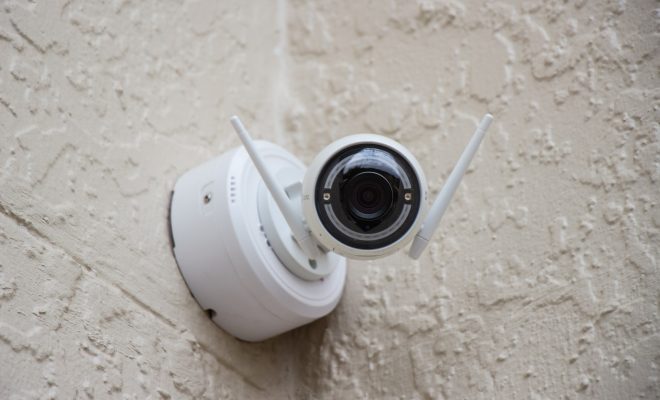Are Teachers Ready for Virtual Reality in the Classroom?

Virtual Reality (VR) has become a hot topic in education as of late with the arrival of many options for the technology in the video game world. Whether or not video games can teach children has been a long debate, but the addition of VR has possibly complicated or alleviated the situation further. According to a survey completed by GFK, 85 percent of teachers are ready to include VR in their classrooms. At the same time, 84 percent of teachers believe using VR could enhance the one thing that has seemed to be lost in classrooms in recent years: student motivation. These statistics come as no surprise considering how many students are so familiar with the technology, and two out of three teachers claim to be technology innovators for that very reason.
How Ready are Teachers and Classrooms?
Many teachers claim to be ready, but they might not see the amount of training and preparation it takes to use VR. Also, there is the concern of whether or not school districts can even afford the technology. So far, the cheapest route to go is headsets that work with Smartphones. However, with budget cuts across the board and technology that is already out of date being in classrooms, the concern of how to fund upgrading to this technology remains.
What is Currently Used and What Does Funding Look Like?
At current, most schools only make use of laptops, computer labs, iPads, and SmartBoards. Some of this technology has been provided by teachers themselves due to the lack of funds. Through this method, many applications have come into existence, and several successful start-up companies have been born. However, it is not fair to teachers to expect them to fund everything out of their own pockets much longer, especially as technology becomes more expensive and demanding in the classroom.
How Can VR be Used? What is the Hold Up?
There are many advantages to using VR in classrooms, though. Studies indicate that science and social studies classes would benefit from using VR the most because of the ability VR offers to simulate situations throughout history and in laboratories. For these simulations to occur, though, some technology programs currently available on the market need also to expand to meet the potential demand for these programs shortly. Even though students are ready for such technologies, and teachers crave having them in the classroom, current school curriculum just cannot seem to keep up with either situation. This is a shame considering the effect VR can have on students’ learning experiences and opportunities.
One Teacher’s Story
One teacher, in particular, Erin J. Merrill, has found a way to bring VR into her social studies classroom at the middle school where she teaches, though. She was able to find VR headsets on Amazon for as cheap as $10.00 each, which was helpful to find in a school that allows teachers to bring their own devices into the classroom. She also stated that each student does not have to have their VR headset as a group can share throughout a lesson. She requested students to use their on Smartphones to find 360-degree videos on YouTube and to download other applications found through Orbulus, Trench Experience VR, and Google Cardboard. Merrill foresees writing a grant in the future for a 360-degree camera of her own to have in the classroom for the sake of making her videos and experiences since students found the lesson plans revolving around VR to be so enlightening and eye-opening.
Conclusion
Unfortunately, due to the funding situations of most school districts that have previously been mentioned, most teachers who are ready to include VR in their classrooms will not have any other choice but to look into grant funding for such technology. Students are ready for it. Most teachers are ready for it. Therefore, the curriculum and budgeting in school districts should find a way to be ready for it, too.






